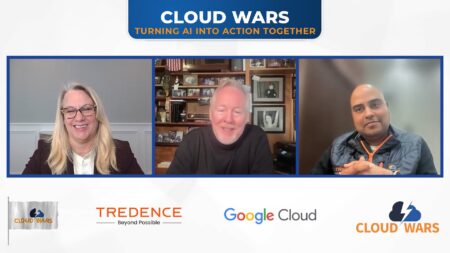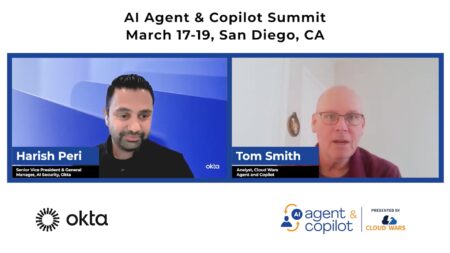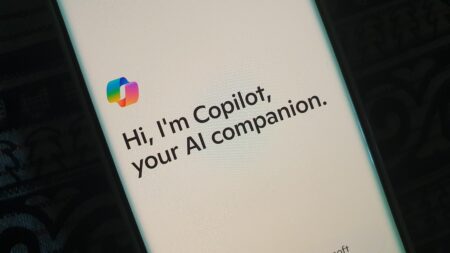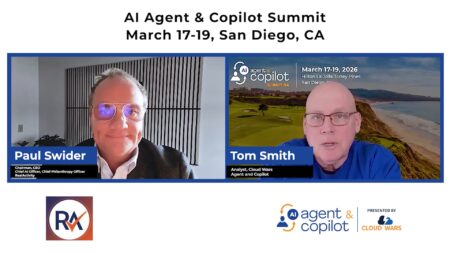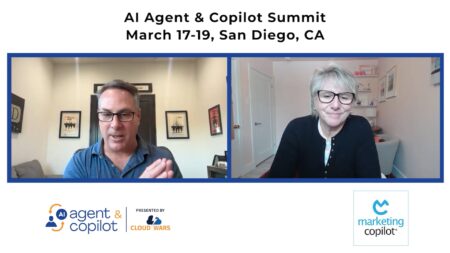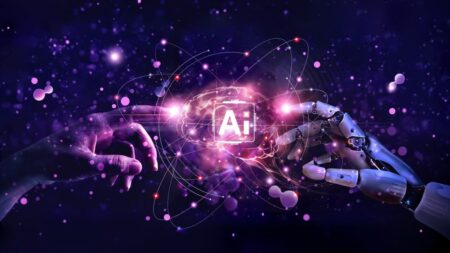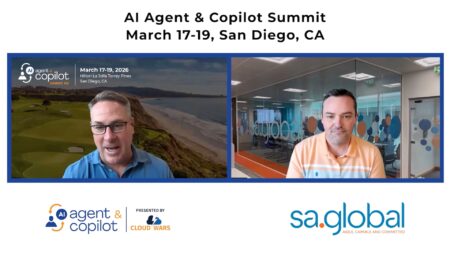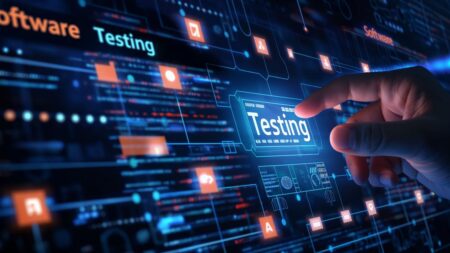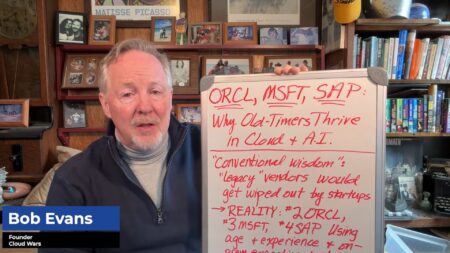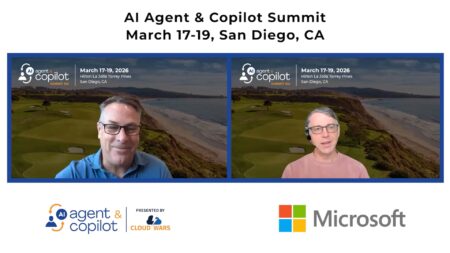Enterprises are shifting from AI insights to automated actions that adapt continuously and operate at real-time speed.
Search Results: AI (8404)
Microsoft research finds more than 80% of security leaders say they’ll use GenAI in data security, and they’re building a series of agentic AI use cases to protect against rogue AI risks.
Cross App Access, being added as a core part of the MCP specification, allows centralized management of user entitlements, closing a gap that currently exists with some MCP servers.
Microsoft’s partnership with the University of Manchester brings Copilot access and training to 65,000 users, establishing a new model for integrating AI into higher education responsibly and equitably.
A practical conversation on enterprise AI adoption that focuses on governance, collaboration, and learning from failure rather than chasing hype or replacing human interaction.
Paul Swider of RealActivity said demos highlighting Microsoft’s work with NVIDIA gave important insight into AI agent and product development opportunities.
SAP outperformed competitors like Oracle and Salesforce, growing its cloud business by 200% more than some rivals.
Financial services, government, and education firms all made major Copilot investments, while the Dragon Copilot for healthcare continues to streamline doctor-patient interactions.
Marie Wiese notes her excitement around the 2026 AI Agent & Copilot Summit, which will highlight the real-world impacts, human, and change management side of AI.
Search and context input are among AI-powered features being applied to make data security investigations scalable and efficient across corporate data estates.
The global AI infrastructure build-out is accelerating innovation, jobs, and investment — but its long-term success hinges on how leaders tackle sustainability, energy, and environmental impact.
Microsoft’s Q2 future cloud commitments hit $625B, driven by a $281B deal with OpenAI, reflecting massive AI-powered growth.
elevaite365’s AI-powered testing platform reduces time, cost, and risk in Dynamics 365 implementations and upgrades, freeing business users to focus on outcomes.
A deeper look at Microsoft’s fiscal Q2 cloud results, unpacking record RPO growth, the massive OpenAI commitment, and what the headline numbers really mean.
According to Workday’s AI study, only 14% of companies consistently get clear results from AI. Investing in people, not just tech, is what truly drives long-term value and productivity.
Siefert and Dorward reflect on the industry’s transition from AI curiosity to production, with organizations actively deploying agents, copilots, and data strategies that drive measurable business impact.
elevaite365 Test Automation introduces adaptive, self-repairing test automation that evolves with Microsoft updates.
Oracle, SAP, and Microsoft use decades of experience to lead cloud-driven business transformations.
Microsoft’s Dewain Robinson shares expectations for the 2026 AI Agent & Copilot Summit and notes how AI has moved from its place in the hype cycle to providing actual business value.
BNY, Boston Scientific detail AI initiatives including the value of AI agents as digital employees and approaches to sensitive data protection. They spoke at the Microsoft AI Tour.


